Best movies like Staline: Le tyran rouge
A unique, carefully handpicked, selection of the best movies like Staline: Le tyran rouge . If you liked Staline: Le tyran rouge then you may also like: Women of the Gulag, Red Monarch, Reds, Bitter Harvest, The Death of Stalin and many more popular movies featured on this list. You can further filter the list even more or get a random selection from the list of similar movies, to make your selection even easier.
French television documentary film by Mathieu Schwartz, Serge de Sampigny, Yvan Demeulandre and the historic consultant Nicolas Werth about the government of Joseph Stalin in the Soviet Union.
You may filter the list of movies on this page for a more refined, personalized selection of movies.
Still not sure what to watch click the recommend buttun below to get a movie recommendation selected from all the movies on this list
Red Monarch
British comedy satirising Stalin's inner circle as an absolute monarchs court. In the face of rampant abuse of power and poisonous distrust some still manage to keep faith with the Bolshevist creed until the very end. In front of the firing squad a stalwart bolshevist of the first hour exclaims: "Even in the best democracy errors are being made!"
Reds
An account of the revolutionary years of the legendary American journalist John Reed, who shared his adventurous professional life with his radical commitment to the socialist revolution in Russia, his dream of spreading its principles among the members of the American working class, and his troubled romantic relationship with the writer Louise Bryant.
Bitter Harvest
Set between the two World Wars and based on true historical events, Bitter Harvest conveys the untold story of the Holodomor, the genocidal famine engineered by the tyrant Joseph Stalin. The film displays a powerful tale of love, honour, rebellion and survival at a time when Ukraine was forced to adjust to the horrifying territorial ambitions of the burgeoning Soviet Union.
The Death of Stalin
When dictator Joseph Stalin dies, his parasitic cronies square off in a frantic power struggle to become the next Soviet leader. As they bumble, brawl and back-stab their way to the top, the question remains — just who is running the government?
East/West
June 1946: Stalin invites Russian emigres to return to the motherland. It's a trap: when a ship-load from France arrives in Odessa, only a physician and his family are spared execution or prison. He and his French wife (her passport ripped up) are sent to Kiev. She wants to return to France immediately; he knows that they are captives and must watch every step.
Hôtel Terminus: The Life and Times of Klaus Barbie
Winner of a Best Documentary Academy Award, Marcel Ophuls' riveting film details the heinous legacy of the Gestapo head dubbed "The Butcher of Lyon." Responsible for over 4,000 deaths in occupied France during World War II, Barbie would escape--with U.S. help--to South America in 1951, where he lived until a global manhunt led to his 1983 arrest and subsequent trial.
The Long Breakup
Ukrainian journalist Katya Soldak, currently living in New York City and working for Forbes magazine, chronicles Ukraine's history: its strong ties to Russia for centuries; how it broke away from the USSR and began to walk alone; the Orange Revolution, the Maidan Revolution, the Crimea annexation, the Donbass War; all through the eyes of her family and friends settled in Kharkiv, a large Ukrainian city located just eighteen miles from the Russian border.
Point of Order!
Point of Order is compiled from TV footage of the 1954 Army-McCarthy hearings, in which the Army accused Senator McCarthy of improperly pressuring the Army for special privileges for Private David Schine, formerly of McCarthy's investigative staff. McCarthy accused the Army of holding Schine hostage to keep him from searching for Communists in the Army. These hearings resulted in McCarthy's eventual censure for conduct unbecoming a senator.
The Trials of Alger Hiss
Documentary by lifelong friend that supports the innocence of Alger Hiss (convicted in January 1950 on two counts of espionage-related perjury)
Mr. Jones
In 1933, Welsh journalist Gareth Jones travels to Ukraine, where he experiences the horrors of a famine. Everywhere he goes he meets henchmen of the Soviet secret service who are determined to prevent news about the catastrophe from getting out. Stalin’s forced collectivisation of agriculture has resulted in misery and ruin—the policy is tantamount to mass murder.
The Last Bolshevik
A documentary on Soviet filmmaker Aleksandr Medvedkin, examining his tumultuous career, the rediscovery of his masterpiece Happiness, and Russia's struggles over the course of the 20th Century.
My Perestroika
Tells the story of five people from the last generation of Soviet children who were brought up behind the Iron Curtain. Just coming of age when the USSR collapsed, they witnessed the world of their childhood crumble and change beyond recognition. Through the lives of these former schoolmates, this intimate film reveals how they have adjusted to their post-Soviet reality in today's Moscow.
An Ordinary Execution
During the last days of Stalin's reign, a doctor (Marina Hands) tries to go unnoticed in a society of mutual dread where a neighbour or colleague might "denounce" you to the authorities at any moment.But tales of her healing touch have spread and one night she is taken away, not to the infamous Lubyanka prison, but to the Kremlin to attend the ailing Comrade Stalin himself. Uncle Joe (André Dussollier), an old man racked with pain but still as watchful and deadly as a snake.
Chekist
Srubov is a part of CHEKA, the secret police Lenin established after the Bolshevik Revolution. They arrest, interview for a minute, try in ten seconds, and execute intellectuals, aristocrats, Jews, clergy, and their families. In the building basement, five people at a time are shot as they stand naked facing wooden doors. No one to remember their last words; no martyrs, just anonymous bodies. Daily, the kangaroo court, the executions, the loading of bodies onto wagons. Srubov is cold, distant, sexually dysfunctional, and a deep thinker, hated by former friends and his family. As he tries to reason the nature of revolution and the purpose of CHEKA, he slowly goes mad.
Moscow Skyscraper
Through a first-person narrator, archival footage and photographs, and a contemporary camera, Pavel Lounguine uses the Moscow skyscraper where he grew up as a touchstone for looking back to Stalin and then examining today's Russia. This is Stalin's pyramid, his immortality. We visit people who have lived there for 50 years, see their flats (some modernized, others decaying), and listen to their histories: the son of a KGB man, a retired rocket scientist, a sculptor's son. an actor, seamstresses at a uniform shop, an ex-pat, and two artists. We see a kindergarten and remember marching; we watch parades and discuss surveillance. The commentary is wry: Putin emerges as Stalin's heir.
Silent Wedding
In a small village of Communist-era Romania a young couple wish to marry, but Joseph Stalin dies the night prior to their wedding ceremony forcing the bride and groom to marry in silence.
The Inner Circle
Life changes for a Moscow worker when he's made Stalin's personal film projectionist but cannot tell his bride.
I Invite You to My Execution
As Russian writer Boris Pasternak (1890-1960) thinks it is impossible that his novel Doctor Zhivago is published in the Soviet Union, because it supposedly shows a critical view of the October Revolution, he decides to smuggle several copies of the manuscript out of the country. It is first published in 1957 in Italia and the author receives the Nobel Prize in Literature in 1958, which has consequences.
1945: The Savage Peace
How, in 1945, after the end of World War II and the fall of the Nazi regime, the defeated were atrociously mistreated, especially those ethnic Germans who had lived peacefully for centuries in Germany's neighboring countries, such as Czechoslovakia and Poland. A heartbreaking story of revenge against innocent civilians, the story of acts as cruel as the Nazi occupation during the war years.
Russia vs. the World
Fiona Shaw narrates this exploration of Russia's medieval origins through to its bloody expansion to become the biggest country in the world. It's a tale that set the scene for one of the world's most enigmatic figures, and his vision of modern Russia. From a tyrannical grip on ordinary citizens to rampant corruption at the highest level, this film reveals the secrets behind holding the world's largest country together in a narrative that takes in the KGB and its ancestors as well as Stalin, murder and gulags.
The Eagle and the Lion: Hitler vs Churchill
Winston Churchill, one of the most revered men of the twentieth century. Adolf Hitler, one of the most hated leaders in contemporary history. Between 1940 and 1945, these two enormously contradictory personalities faced each other in both politics and war. A clash of giants whose story begins in the trenches of the World War I and ends with the debacle of the World War II.
Russia 1917: Countdown to Revolution
Russia, 1917. After the abdication of Czar Nicholas II Romanov, the struggle for power confronts allies, enemies, factions and ideas; a ruthless battle between democracy and authoritarianism that will end with the takeover of the government by Vladimir Lenin and the Bolsheviks.
Stalin and the Katyn Massacre
The Katyn massacre, carried out by the Soviet NKVD in 1940, was only one of many unspeakable crimes committed by Stalin's ruthless executioners over three decades. The mass murder of thousands of Polish officers was part of a relentless purge, the secrets and details of which have only recently been partially revealed.
Stalin In Color
March 9th, 1953, 5 million people attend Stalin’s funeral. A revolutionary lacking in both charisma and stature, Stalin came to power almost by chance, and his 30-year reign saw him become the most Machiavellian and bloodthirsty of dictators. The man who insisted on being called “The Father of the People” massacred his own countrymen, and was responsible for the death of some 20 million people. Soon forgetting his former ideological stance, he mercilessly crushed anyone who opposed him, in both word and deed. His camps for reform through hard labor – known as “gulags” – turned 18 million Russians into slaves. He not only murdered his opponents but his best friends too, and even sometimes members of his own family. His cruelty knew no bounds. Through colorized archive material rich in previously unseen footage, and many accounts from the period including some from Stalin himself, this documentary tells the story of a man who turned a dream into a nightmare.
Stalin's Last Plot
January 1953: On the eve of his death Stalin finds himself yet another imaginary enemy: Jewish doctors. He organizes the most violent anti-Semitic campaign ever launched in the USSR, by fabricating the "Doctors' Plot," whereby doctors are charged with conspiring to murder the highest dignitaries of the Soviet Regime. Still unknown and untold, this conspiracy underlines the climax of a political scheme successfully masterminded by Stalin to turn the Jews into the new enemies of the people. It reveals his extreme paranoia and his compulsion to manipulate those around him. The children and friends of the main victims recount for the first time their experience and their distress related to these nightmarish events.
The Black Book
The Black Book, drafted during World War II, gathers numerous unique historical testimonies, in an effort to document Nazi abuses against Jews in the USSR . Initially supported by the regime and aimed at providing evidence during the executioners’ trials in the post-war era, the Black Book was eventually banned and most of its authors executed on Stalin’s order. Told through the voices of its most famous instigators, soviet intellectuals Vassilli Grossman, Ilya Ehrenburg and Solomon Mikhoels, the documentary, provides a detailed account of the tragic destiny of this cursed book and puts the Holocaust and Stalinism in a new light.
Lenin and the Other Story of the Russian Revolution
Vladimir Ilyich Ulyanov, better known as Lenin, is remembered as the instigator of the October Revolution of 1917 and, therefore, as one of the men who changed the shape of the world at that time and forever, but perhaps the actual events happened in a way different from that narrated in the history books…
Joe Building: The Stalin Memorial Lecture
Jonathan Meades examines the cult of Stalinism through its buildings and monuments.
The Hitler–Stalin Pact
How could Hitler and Stalin, sworn ideological enemies, come to a secret pact in 1939? The captivating and detailed story of the diplomatic fiasco that led to the signing of the Nazi-Soviet pact and its devastating consequences.
Stealing the Superfortress
How the Soviet Union was able to copy the Boeing B-29 Superfortress bomber, and the influence of the resulting Tupolev TU-4 on the Cold War.


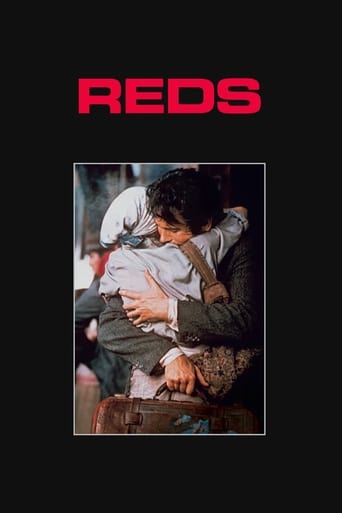
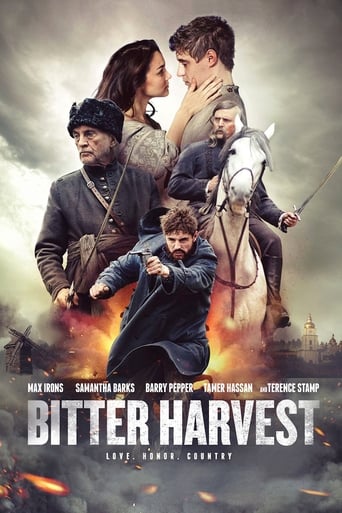
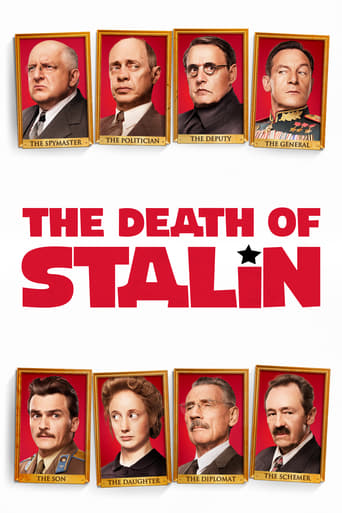


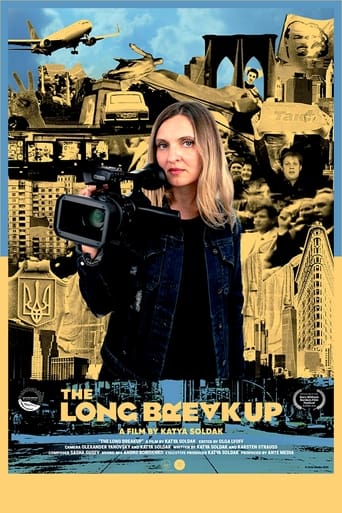



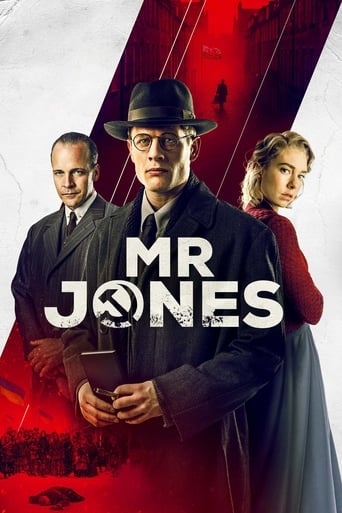





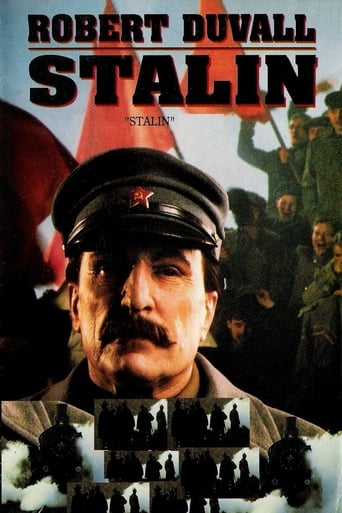


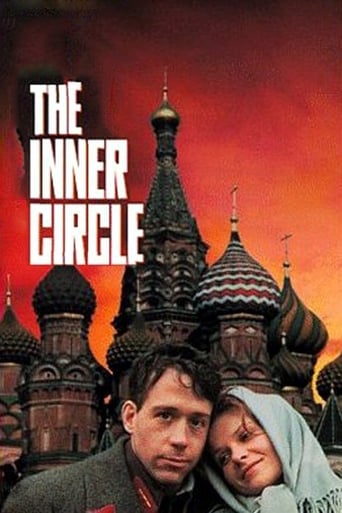

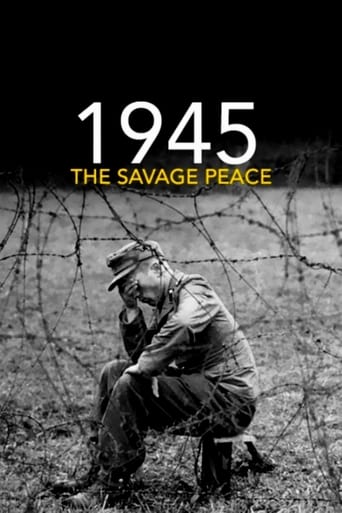






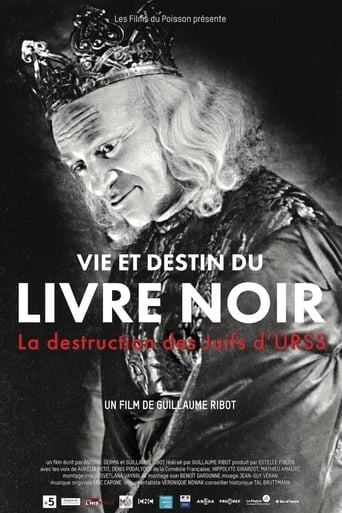






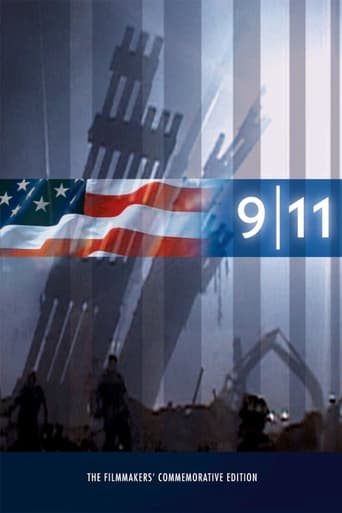

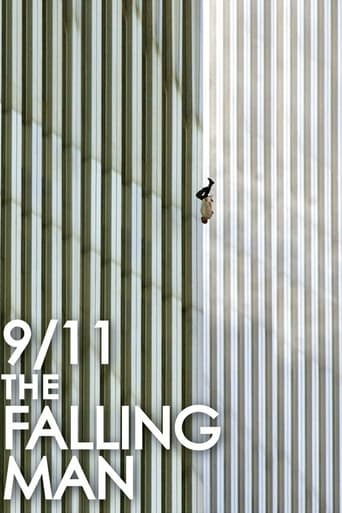
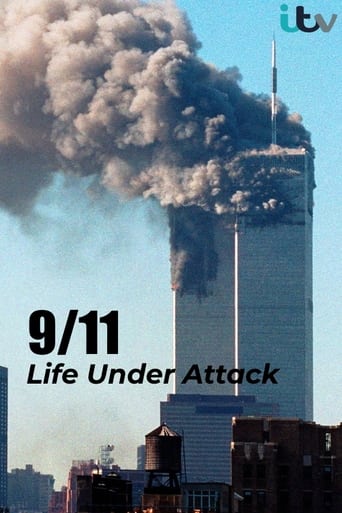
Women of the Gulag
Through unique and candid interviews the film tells the compelling and tragic stories of the six women – last survivors of the Gulag, the brutal system of repression and terror that devastated the Soviet population during the regime of Stalin.